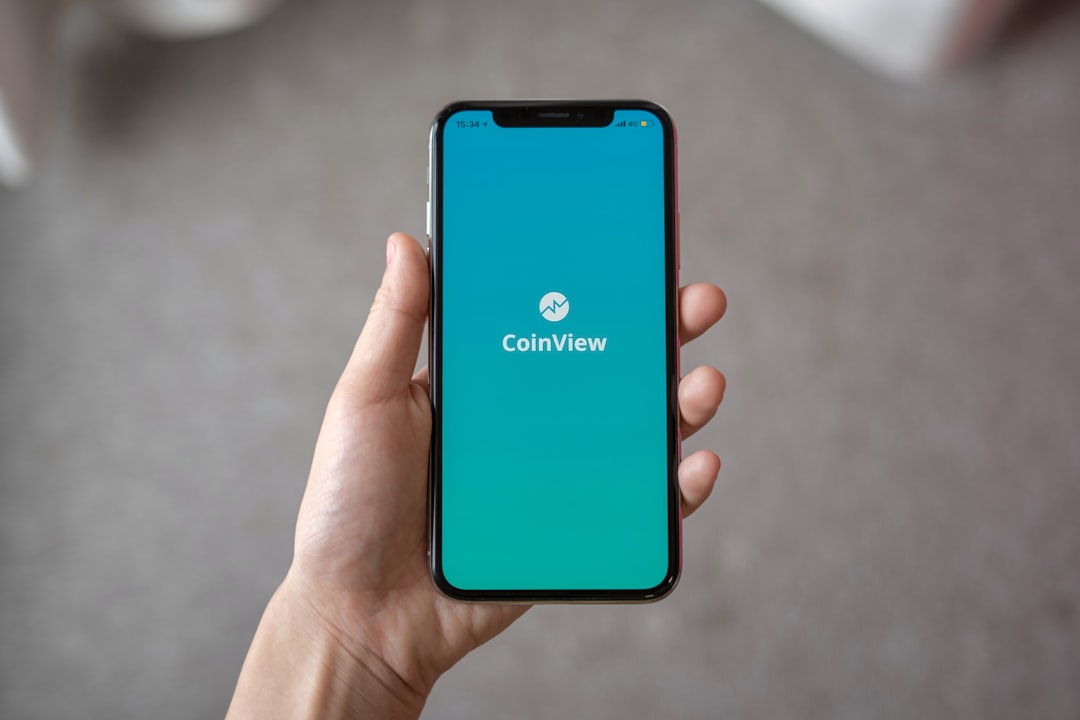Florida's telemarketing industry, facing significant environmental challenges from energy consumption and paper waste, is undergoing a green revolution. Businesses are adopting sustainable practices like digital marketing, renewable energy, and energy-efficient technologies, with the support of Do Not Call Attorney Florida regulations that protect consumers and reduce unnecessary communication. Despite challenges, such as cost efficiency and regulatory complexity, the industry is poised to lead in eco-friendly models through digital tools, training, and collaboration with local initiatives.
Florida’s telemarketing industry, a vibrant yet complex landscape, is undergoing a sustainable metamorphosis. As a bustling hub of communication, it faces environmental challenges that demand innovative solutions. This article explores the state’s unique telemarketing environment and its impact on the planet. We delve into how ‘Do Not Call’ laws play a pivotal role in promoting eco-conscious practices, examining current green initiatives and identifying barriers to widespread sustainability. Additionally, we forecast future trends, highlighting the potential for Florida to become a model for eco-friendly telemarketing with the help of legal frameworks like those provided by Do Not Call Attorney Florida.
Understanding Florida's Telemarketing Landscape and Its Environmental Impact

Florida’s telemarketing industry, a vital component of its communication infrastructure, has historically been associated with extensive environmental implications. With thousands of calls made daily, the sector consumes vast amounts of energy and contributes to carbon emissions. Additionally, paper waste is a significant concern due to the numerous marketing materials and Do Not Call registries that businesses rely on. The state’s warm climate also poses challenges, as data centers and phone systems require constant cooling, further straining natural resources.
Navigating these issues, Florida’s telemarketing landscape is undergoing transformations. Companies are increasingly adopting sustainable practices, such as implementing energy-efficient technologies, promoting digital marketing over paper, and utilizing renewable energy sources for operations. Moreover, the presence of a robust Do Not Call Attorney in Florida facilitates consumer protection, ensuring that businesses adhere to regulations and reduce unnecessary communication, thereby mitigating environmental impact.
The Role of Do Not Call Laws in Promoting Sustainable Communication Practices

In an industry that heavily relies on communication, such as telemarketing, adopting sustainable practices is both necessary and beneficial for environmental and ethical reasons. One significant contributor to more eco-friendly operations is the existence of Do Not Call laws. These regulations, enforced by a Do Not Call Attorney Florida, aim to protect consumers from unwanted calls and have an indirect yet powerful impact on reducing paper waste, energy consumption, and carbon emissions associated with traditional telemarketing methods.
By honoring consumer preferences and limiting unnecessary contact, telemarketing companies can minimize the printing of marketing materials and the subsequent disposal of unused papers. Moreover, reduced call volumes translate to lower energy demands for operations, leading to a smaller environmental footprint. This simple yet effective strategy showcases how compliance with Do Not Call laws can be a powerful tool in promoting sustainable communication practices within the industry.
Green Initiatives within the Floridian Telemarketing Industry: Current Trends

The Floridian telemarketing industry, like many others, is embracing sustainable practices and green initiatives to reduce its environmental impact. One notable trend is the adoption of virtual call centers, which minimize physical office space needs and corresponding energy consumption. Many companies are also implementing eco-friendly policies such as paperless operations, using recycled materials, and reducing waste through digital documentation and double-sided printing.
Additionally, Florida’s telemarketing sector is seeing a rise in energy-efficient technologies, like LED lighting and smart thermostats, in call centers. Some businesses are even exploring renewable energy sources for their facilities, contributing to the state’s overall sustainability goals. Notably, the industry’s growing awareness of environmental issues is reflected in its support for initiatives like the Do Not Call Attorney Florida program, which reduces unnecessary phone calls and, consequently, energy usage related to telemarketing activities.
Challenges and Barriers to Implementing Comprehensive Sustainability Measures

Implementing comprehensive sustainability measures in Florida’s telemarketing industry presents several challenges and barriers. One significant obstacle is the industry’s inherent nature, which often prioritizes short-term gains over long-term environmental stewardship. Many telemarketing companies struggle with balancing cost efficiency and operational demands against the resources required for eco-friendly practices. For instance, transitioning to digital documentation and communication can be expensive, especially for smaller businesses, and may not immediately translate into cost savings.
Moreover, regulatory compliance adds another layer of complexity. While initiatives like the Do Not Call Attorney Florida aim to protect consumer privacy, these regulations can inadvertently hinder innovative sustainability efforts. Companies must navigate a web of legal requirements, ensuring they remain compliant while implementing eco-conscious strategies. Additionally, the dynamic nature of telemarketing, with frequent changes in technology and customer preferences, makes it challenging to adopt sustainable practices that are both effective and adaptable.
Potential Future Directions for Eco-Conscious Telemarketing in Florida

As Florida’s telemarketing industry continues to evolve, adopting sustainable practices is not just an ethical choice but also a strategic one. By embracing eco-conscious methods, businesses can attract environmentally conscious consumers and enhance their public image. One promising future direction is the integration of digital tools that minimize paper waste. Implementing paperless systems for scripts, training materials, and compliance documentation can significantly reduce environmental impact. Additionally, Florida’s telemarketing companies can explore energy-efficient technologies to power their operations, such as renewable energy sources and smart appliances, further reducing their carbon footprint.
Another potential direction is the collaboration between telemarketing firms and local initiatives promoting sustainability. Partnering with organizations focused on recycling, water conservation, or waste reduction can create a community-driven approach to eco-friendliness. Furthermore, training agents on sustainable practices and consumer behavior can empower them to educate clients about environmental issues, fostering a culture of responsibility within the industry. These strategies, combined with effective Do Not Call Attorney Florida regulations, can drive positive change, ensuring Florida’s telemarketing sector leads by example in adopting sustainable business models.






